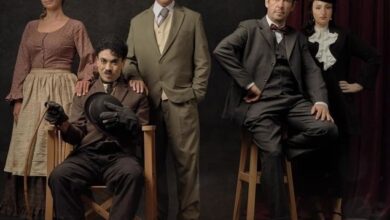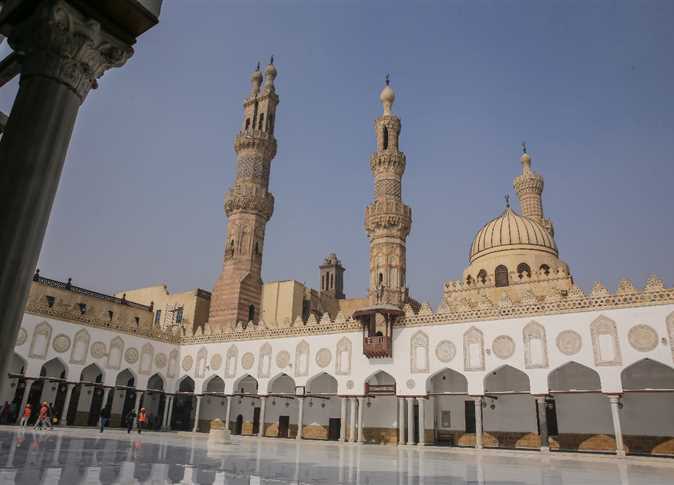“You have to condemn the homosexuals in your novel, encourage people to hit them with their shoes and ask the government to kill them on the public space!” Those crude sentences open Mostafa Fathi’s latest book “Balad al Awlad” that tackles the sensitive issue of homosexuality in Egypt. Quite courageously, he transcribed his mum’s exact words when the topic of Mostafa’s novel became clear to her. “Her reaction is typical, I am convinced that she shares this opinion with millions of Egyptians”, explains the young controversial writer who decided to research on homosexuality, triggered by his own limited perception on the subject. In this 50-pages-book, the narrator is a journalist who is one day addressed via email by Essam, a homosexual who is willing to describe the hardships he encounters in Egypt in his everyday life, as well as the humiliations and the repression. When Essam gets in touch with the narrator for the first time he still imposes a few conditions: “I want you to tell my story to the whole world providing that you do not reveal any names or places…but please do not change any other detail.”
“I did not know much about homosexuality when I started,” confesses the writer with a broad smile, adding that his “knowledge and understanding of it all has tremendously increased when gay men told me their stories”. The young writer, who is also the editor-in-chief of “Horyetna” online radio channel, could obviously not adopt the journalistic attitude to get all those precious life stories, because “gays in Egypt are cared to death that their identities may be disclosed…I pretended to be one of them and after a while my phone wouldn’t stop ringing,” explains Mostafa who gathered numerous precious testimonies during his 4-months research. “The term chaouaz that we use in Egypt to refer to the homosexuals reflects the country’s tendency at ostracizing them,” he points out, adding that the civil society treat the Baha’is, the Christians and the apostates with the same attitude. The writer turns almost angry by the statement he is about to make: “the Egyptians lawyers are ready to defend any criminal, but when it comes to a homosexual case, they decline it!”
Another huge concern for the writer is the double-personalities most of the homosexuals necessarily adopt, which are most of the time incompatible: “I discovered that some sheikhs were gays, while still distilling the same anti-homosexual discourse in the Mosque,” adds Mostafa. He also happened to have virulent debates with some university professors about their views on homosexuality, and “they were all showing how this sexual orientation is condemned by religion, even though I discovered later on that they were gays.”
His light manuscript in hand, he knocked at the door of the 3 biggest publishing houses in Egypt, full of hope that they will accept to print Balad al Awlad. But the controversy the book was likely to trigger by focusing solely on homosexuality scared those publishing giants, who refused to take any responsibility. Mostafa tried to lure them into it by “adding a note at the incipit of the book clearly stating my responsibility for the whole written content,” but this argument did not move them.
“I asked a journalist friend of mine from Rose al Youssef to read the manuscript thoroughly, and when he finished he looked at me in the eyes and said: “do not publish this book, because if you do everybody will say that you are gay.” This clearly was an understatement. “I received contrasted feedback after the book was finally published, ranging from “you definitely are gay”, or “you definitely are an Israeli agent” to “thank you for raising our awareness on this topic, we ignored it was actually a phenomenon that existed in Egypt”. But who is hiding behind this “Chababooks” publishing house? “A very courageous woman called Amany,” discloses Fathi. “She is the editor in chief of the radio program directed at women called “Banat bass”, and she wanted to see the book printed so badly that she created this new publishing house”, adds Mostafa, apparently very pleased with her eagerness.
What surprised him most was the refusal of Diwan bookstore to display “Balad al Awlad” on its shelves, “even though they have tons of books about homosexuality”. Homosexuality, yes, but in English, and those books are directed at a different target than the ones in Arabic, who can attract a wider range of people. Without going a far as suing Diwan, Mostafa created a Facebook group to denounce “the filter they implemented. You have every right as a reader to not buy Balad al Awlad, but at least you need to see it in the bookstore.”
He finished writing his next controversial book about the Egyptian community living in Tel-Aviv. “There are 7000 Egyptians working in Tel Aviv, and when they travel to their home country they are faced with resentment and are suspected to be Israeli agent, spies or enemies of the nation…” “Hadouta Hebreya” is expected to be published in 2010 by Chababooks.
Books




